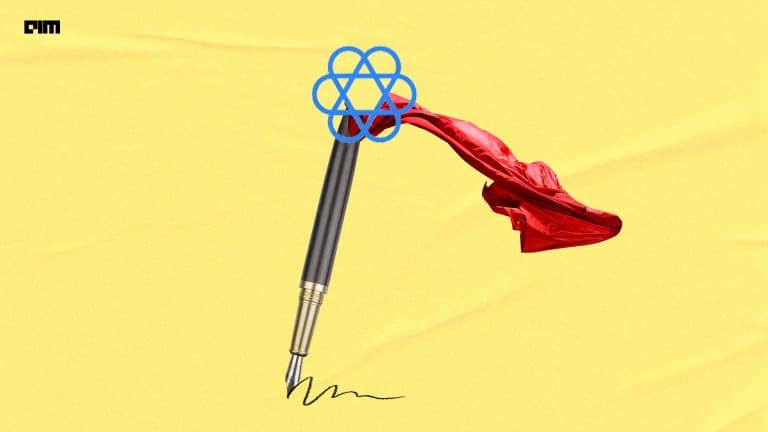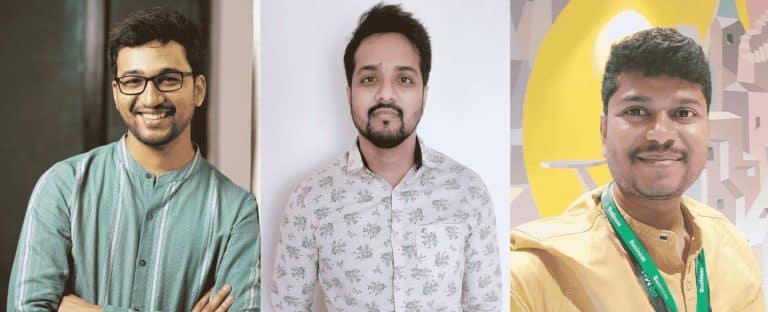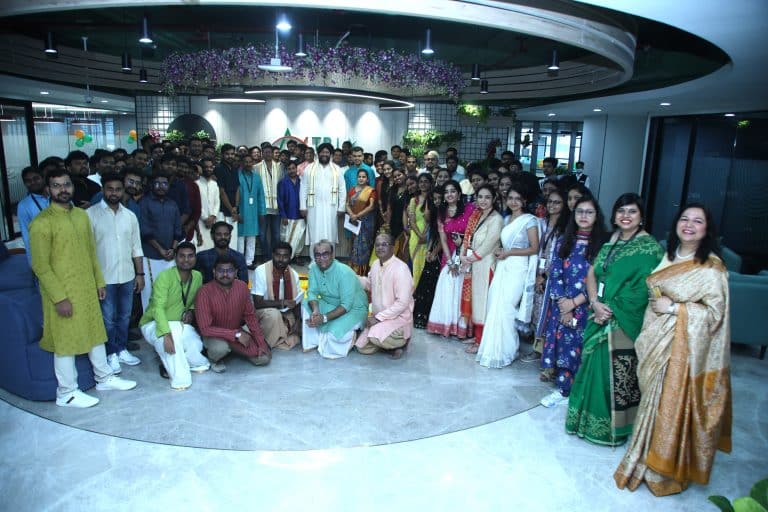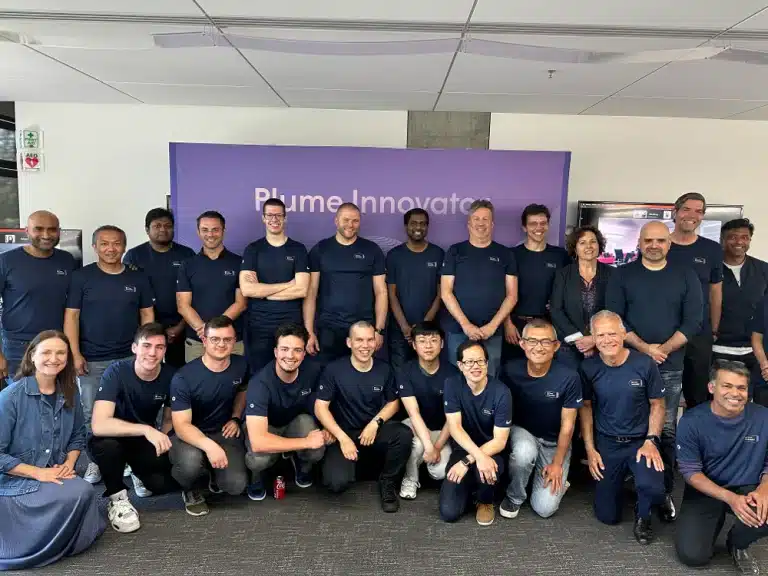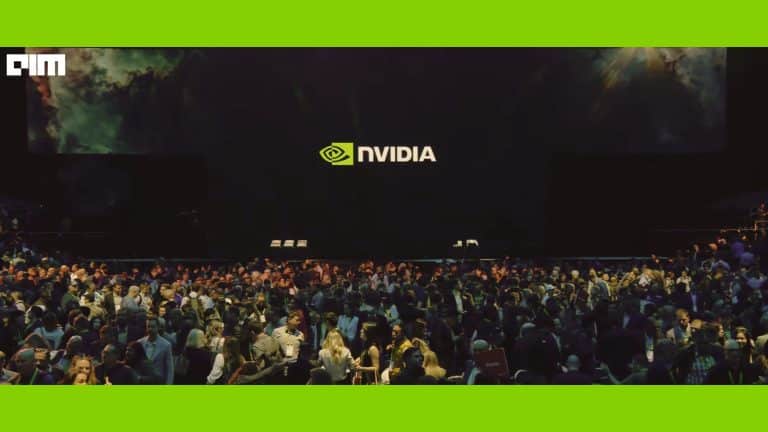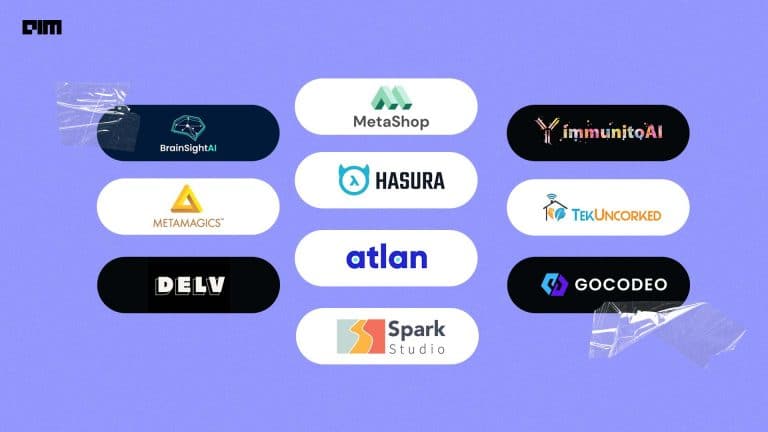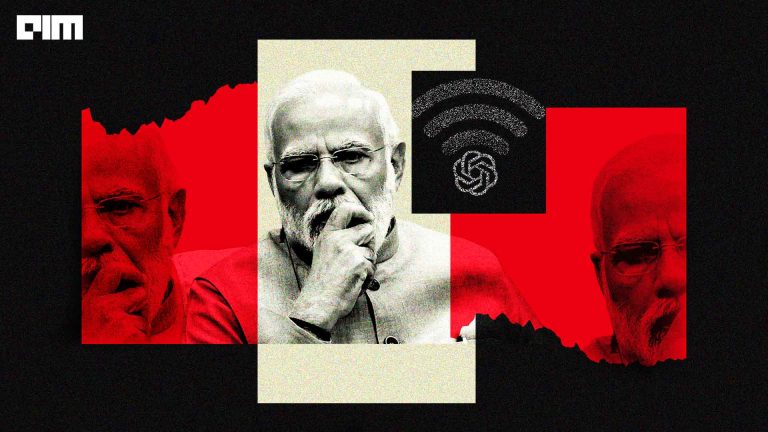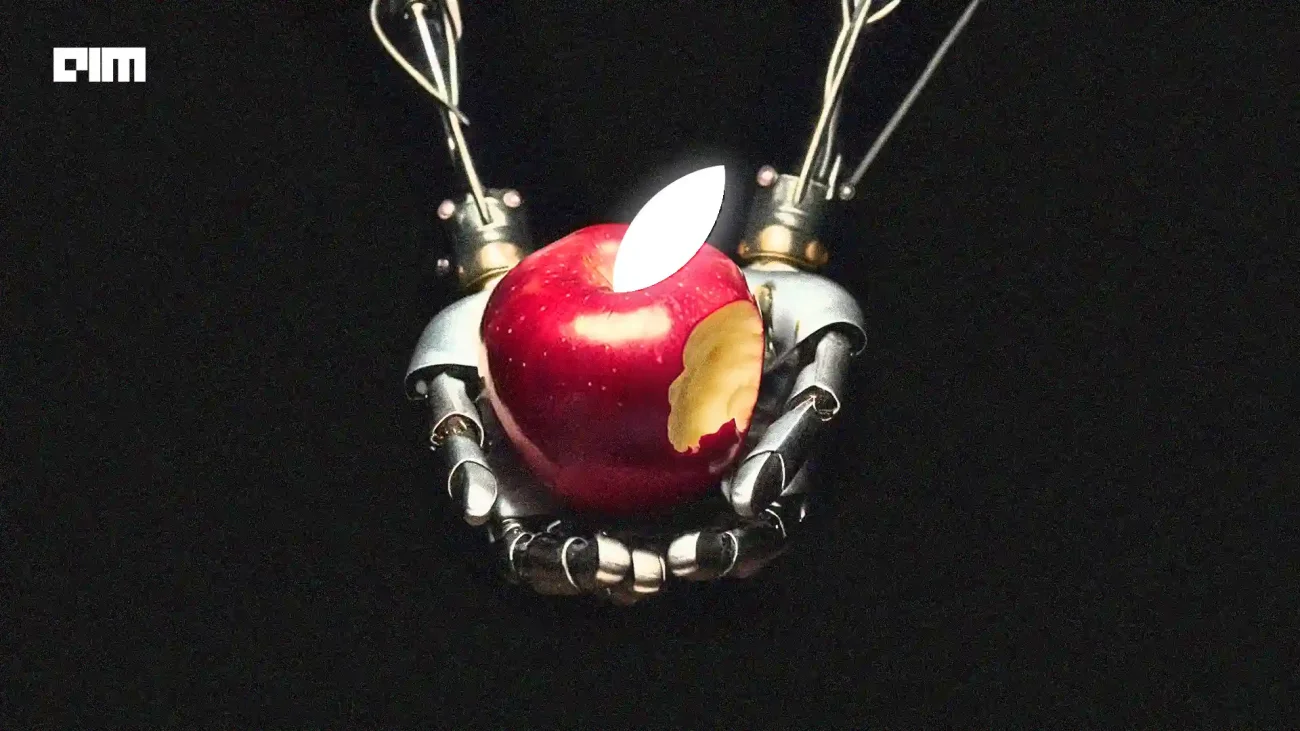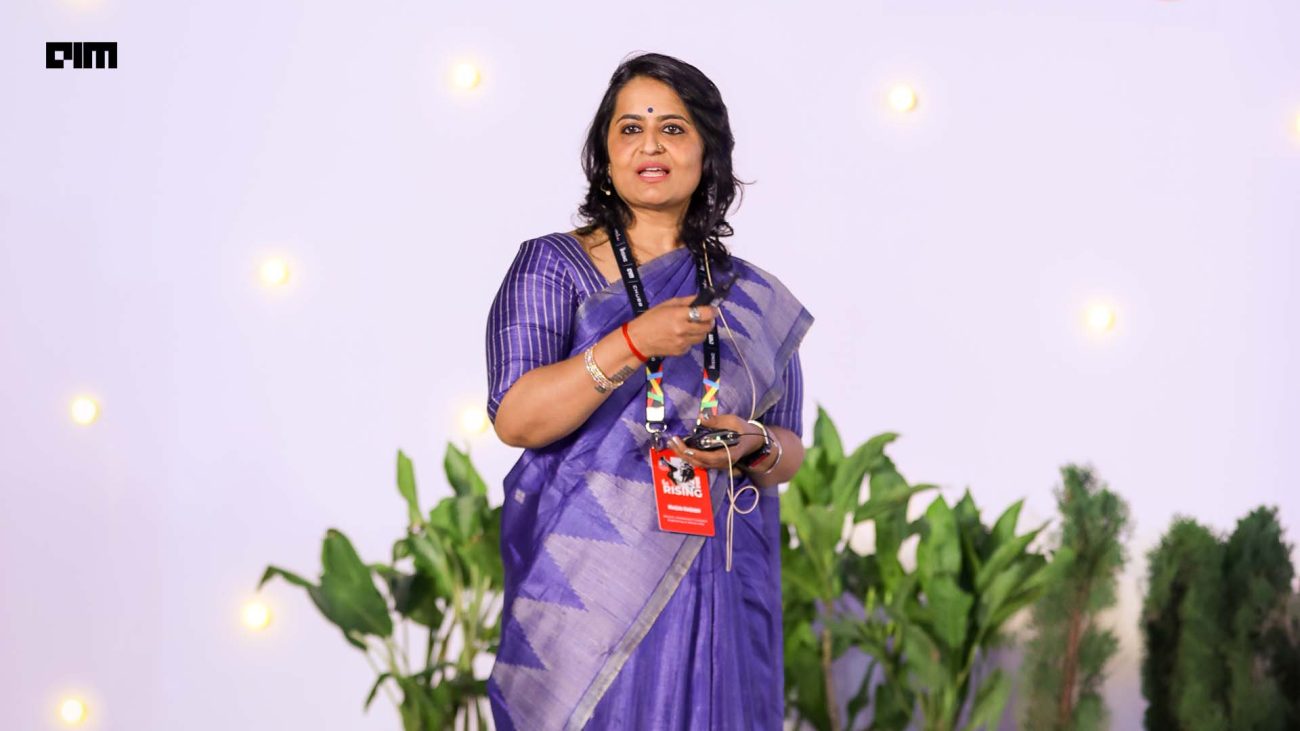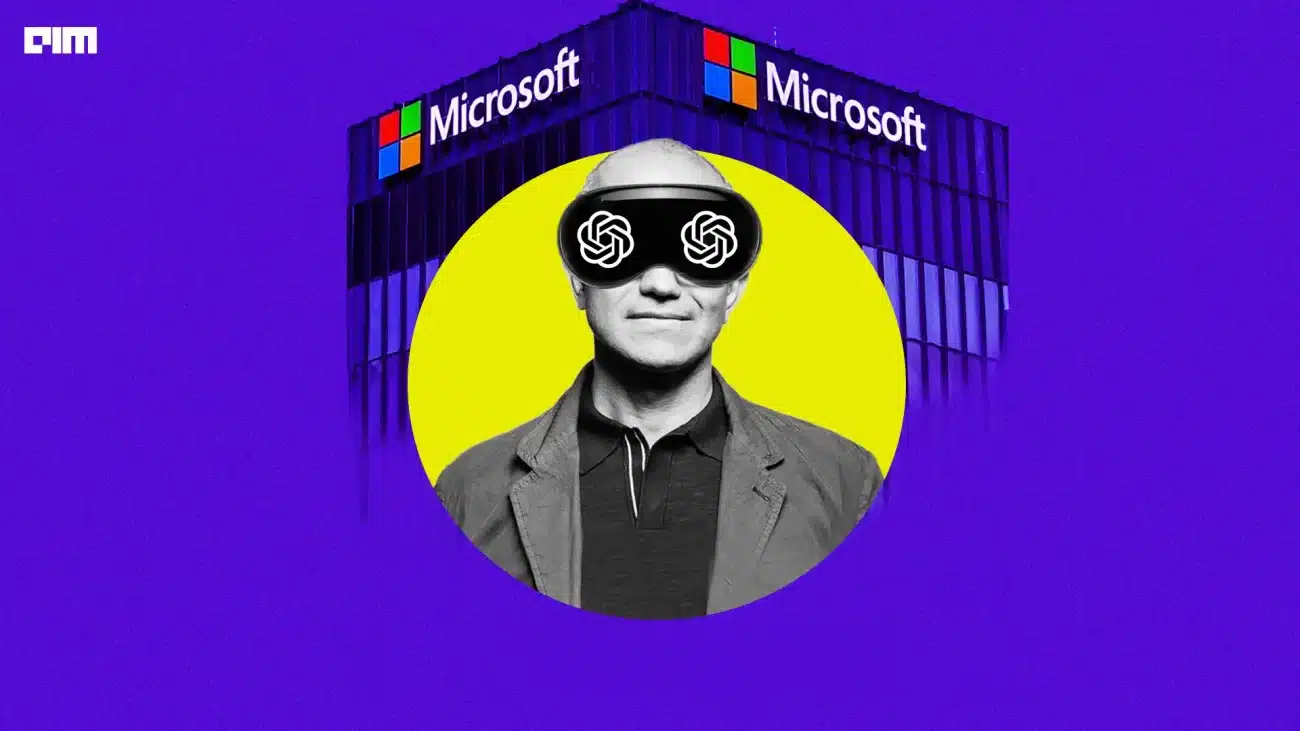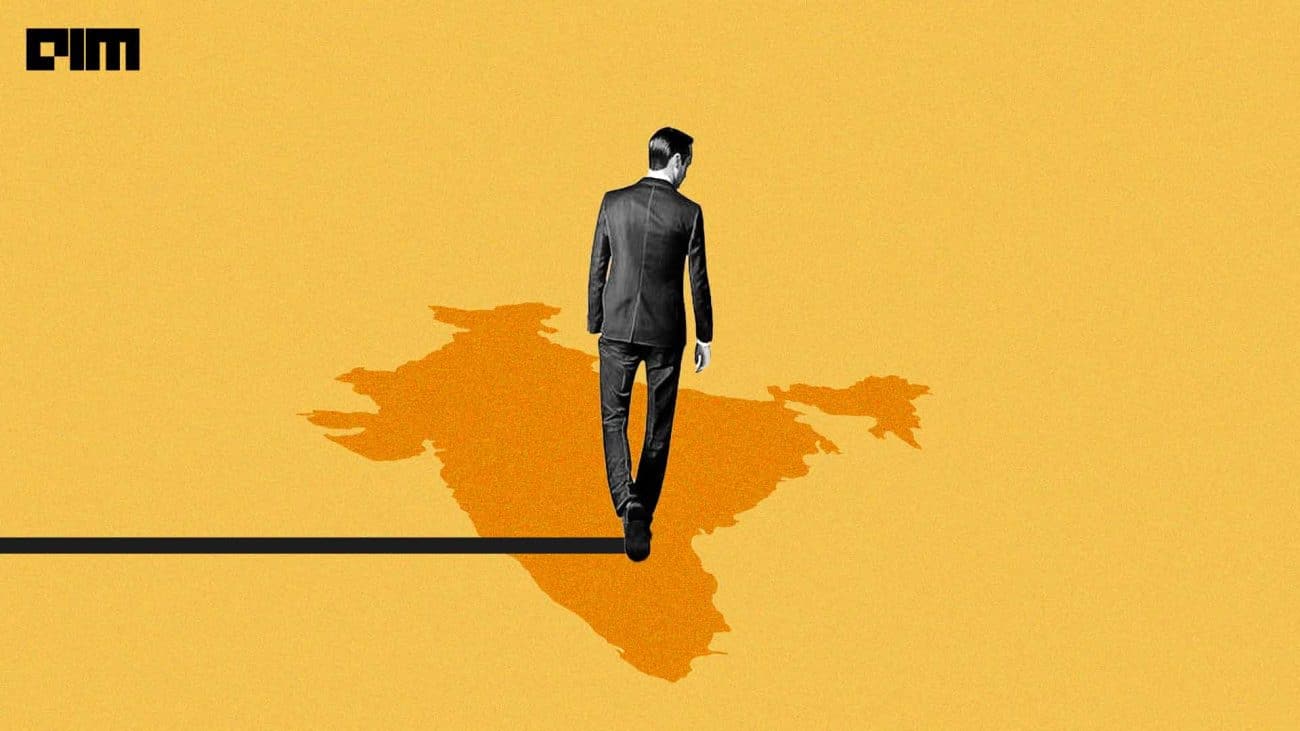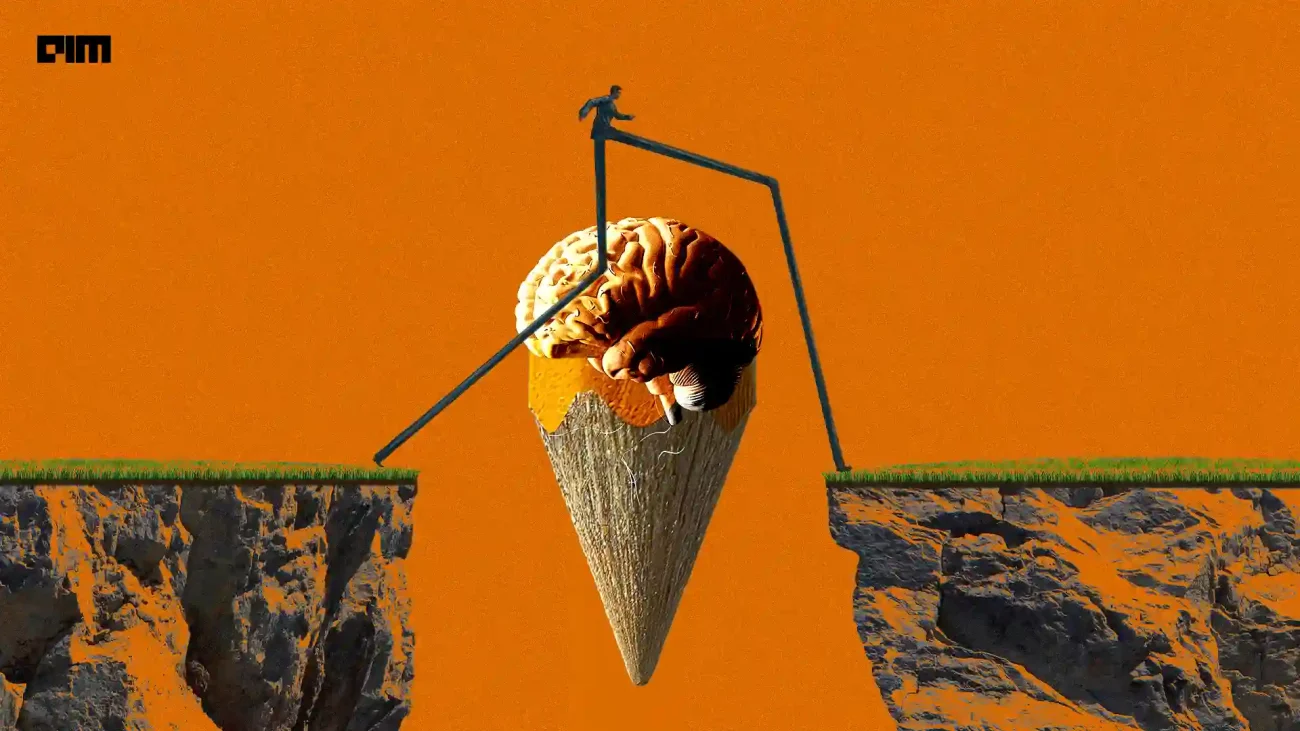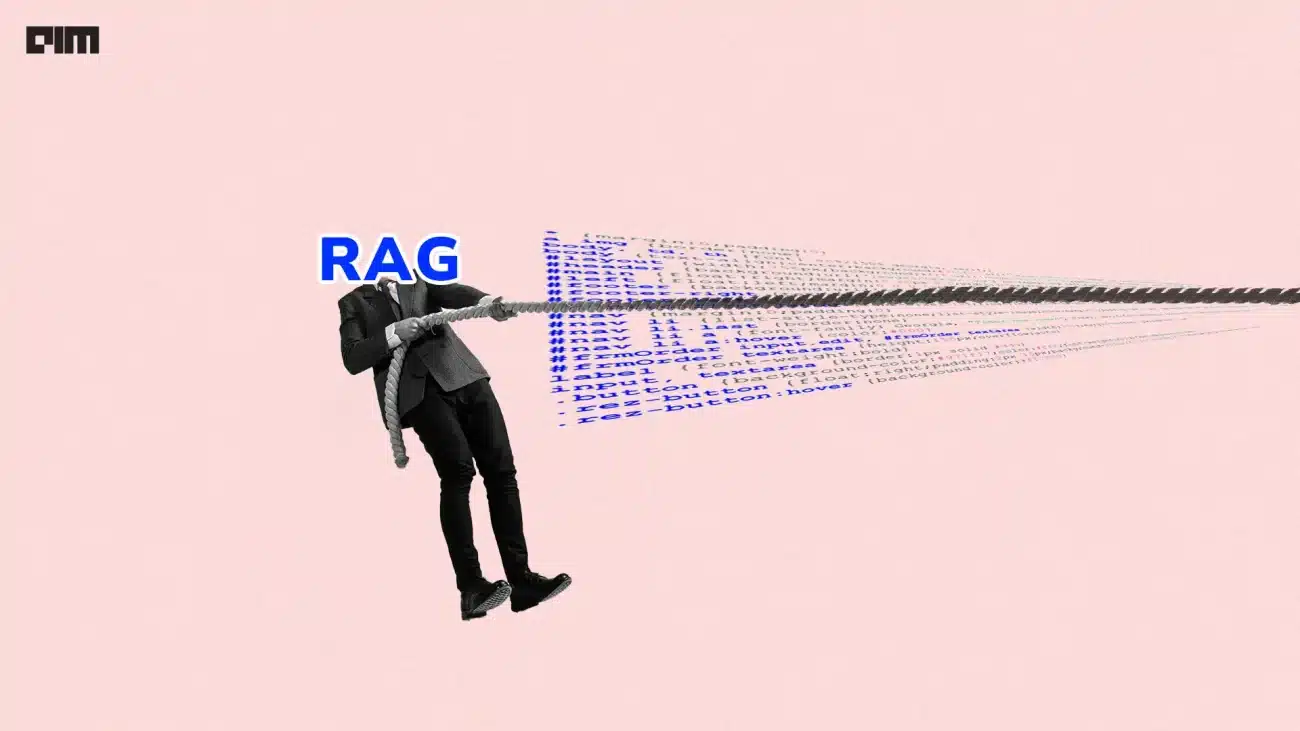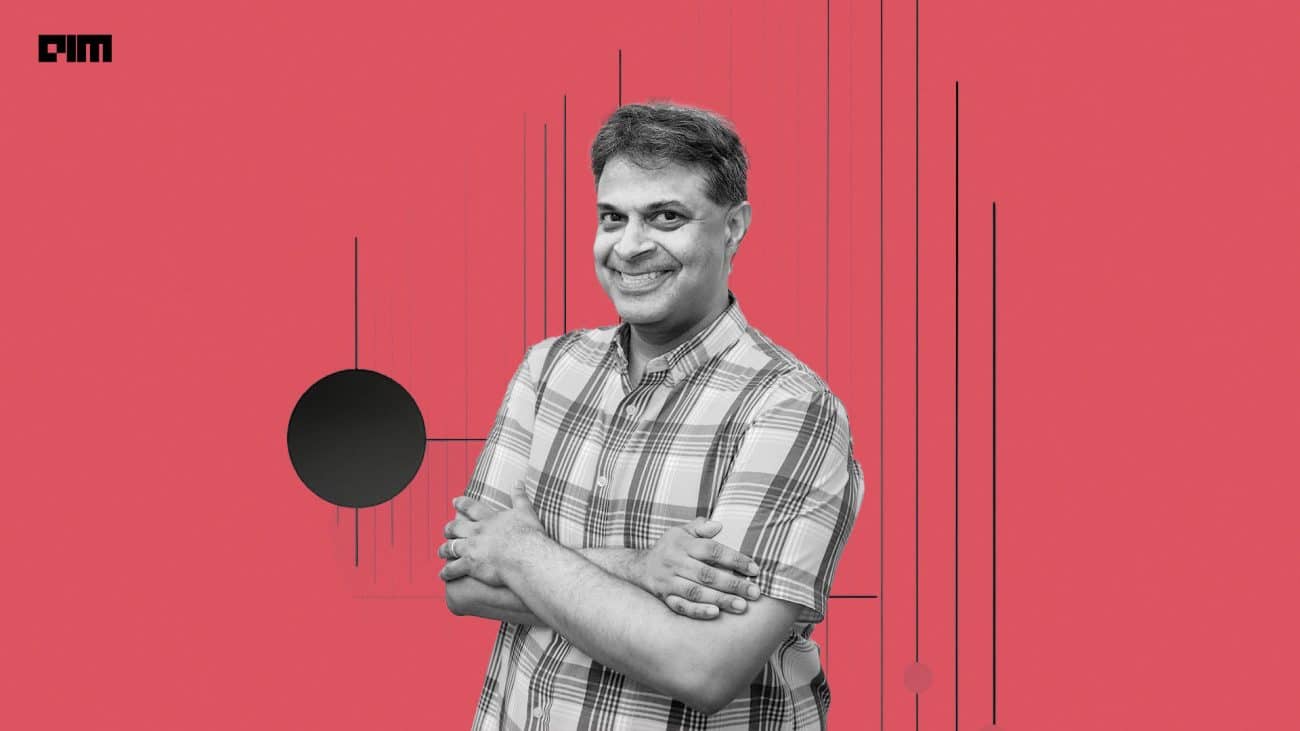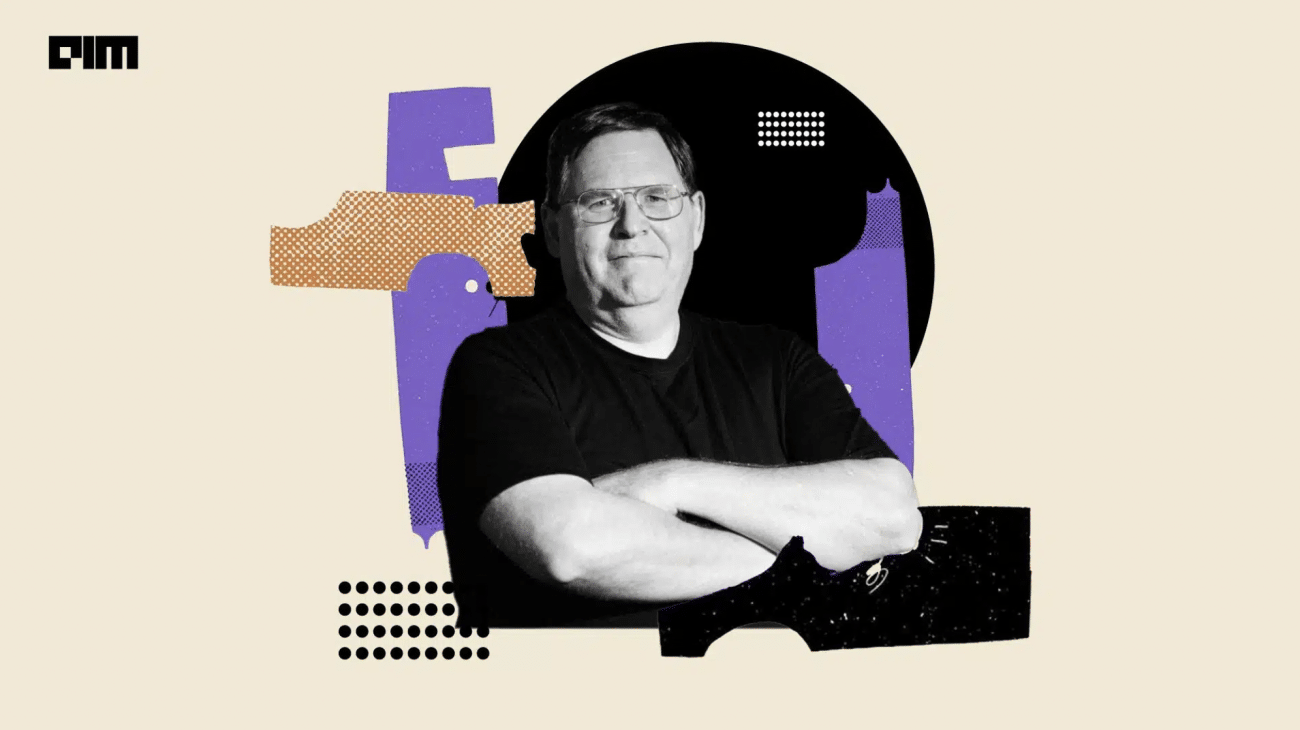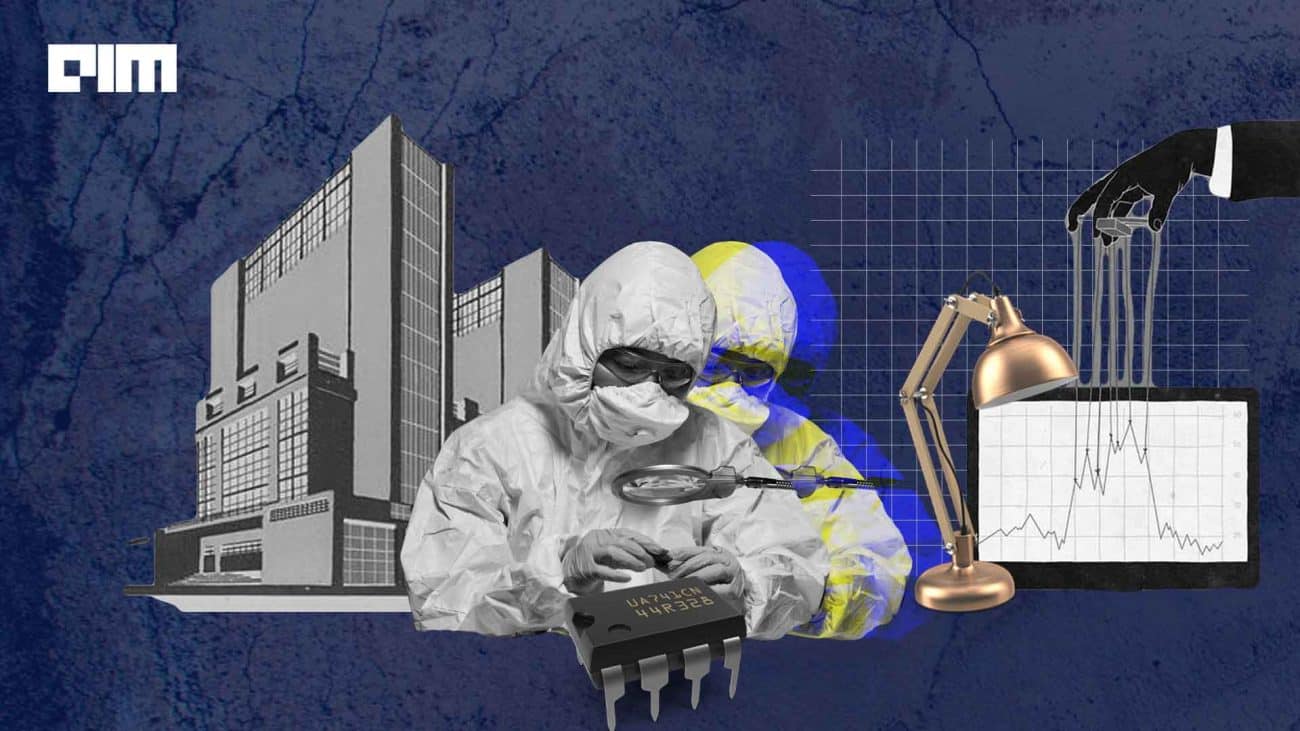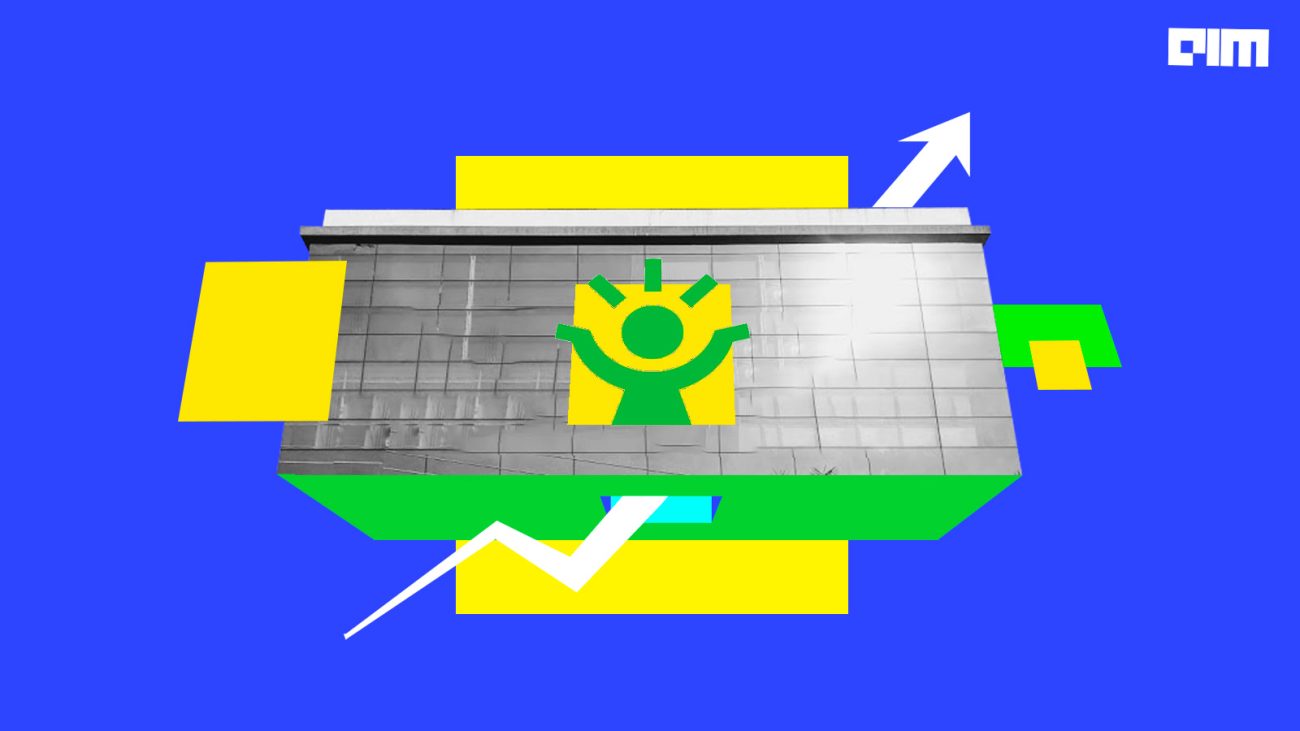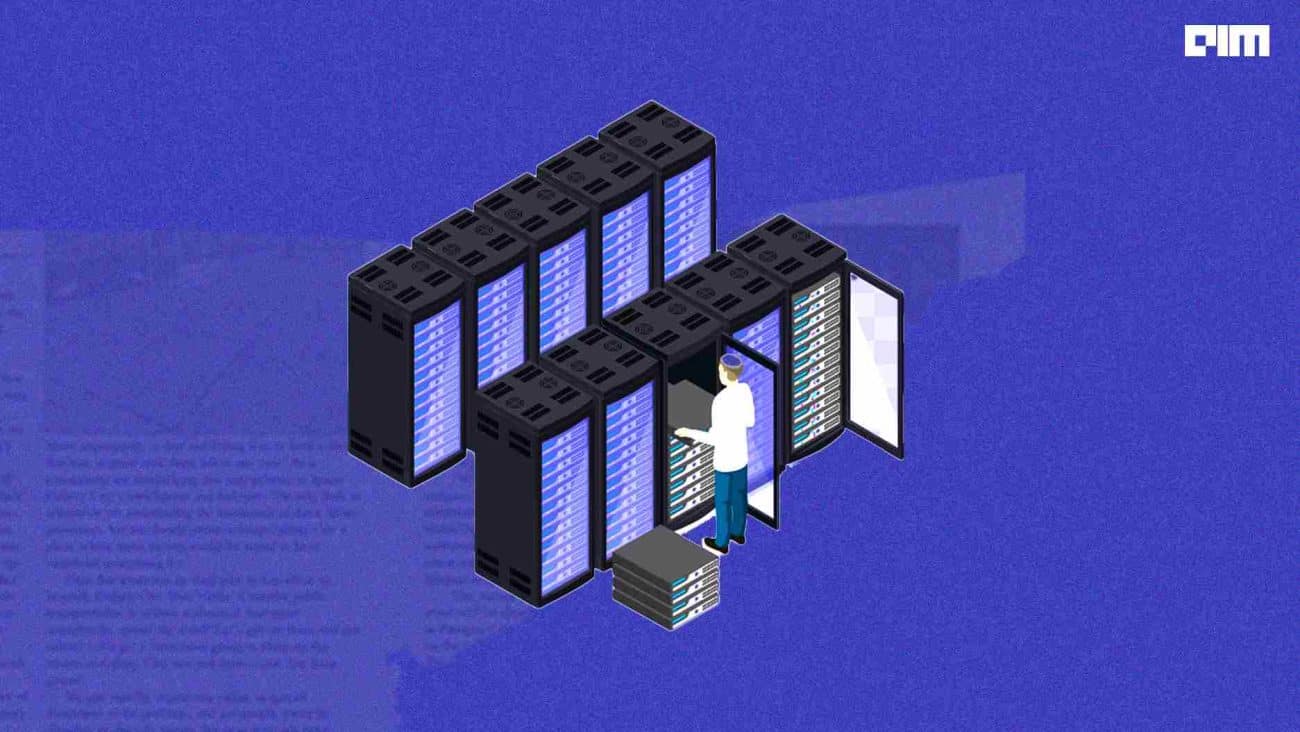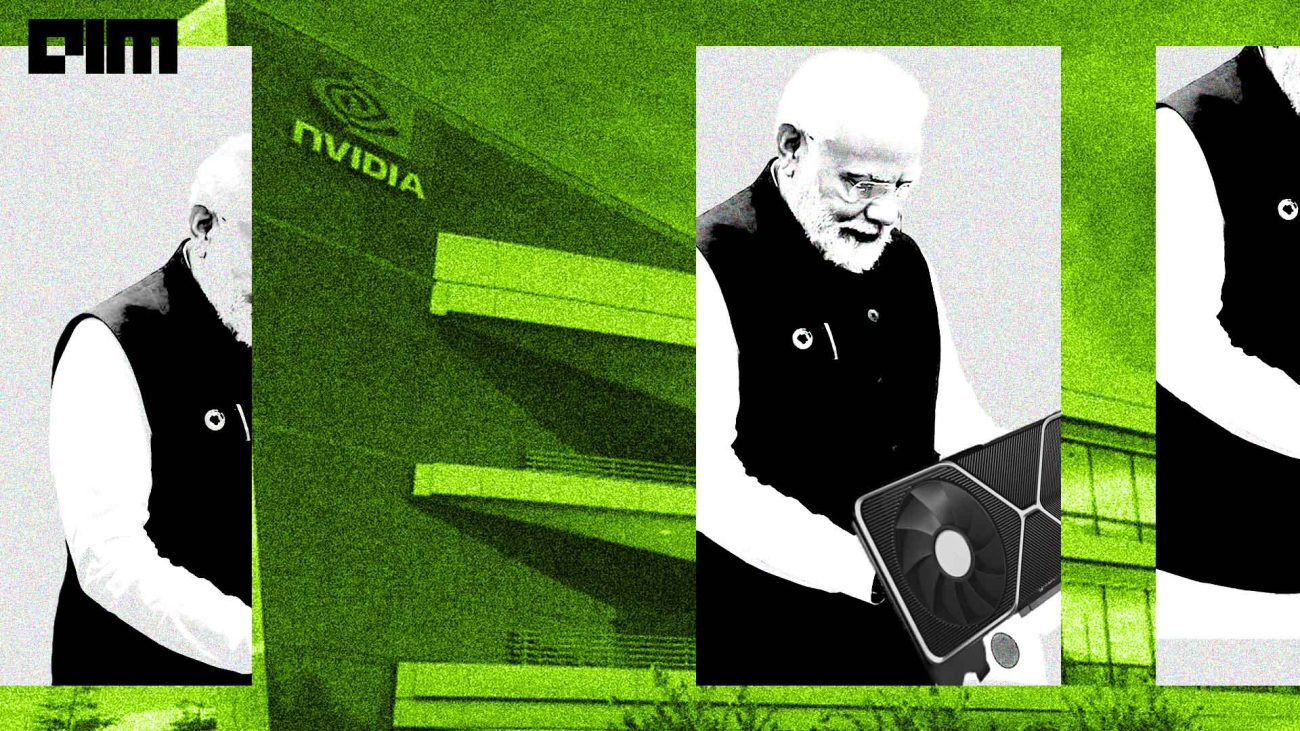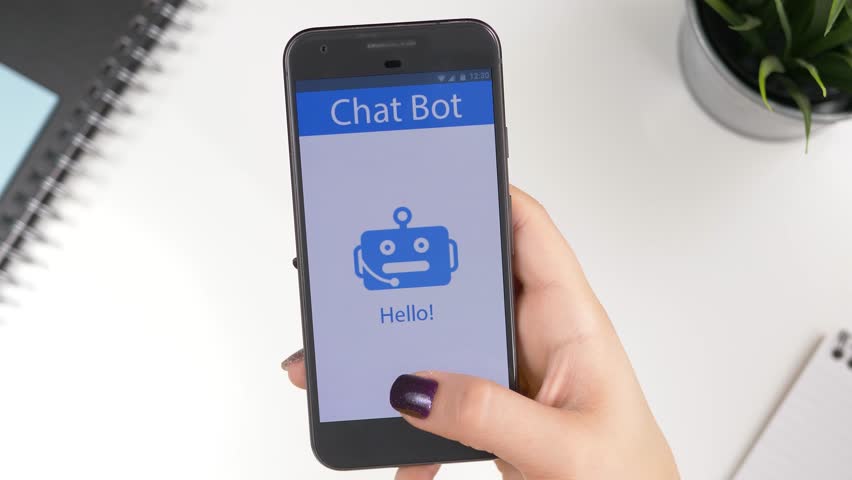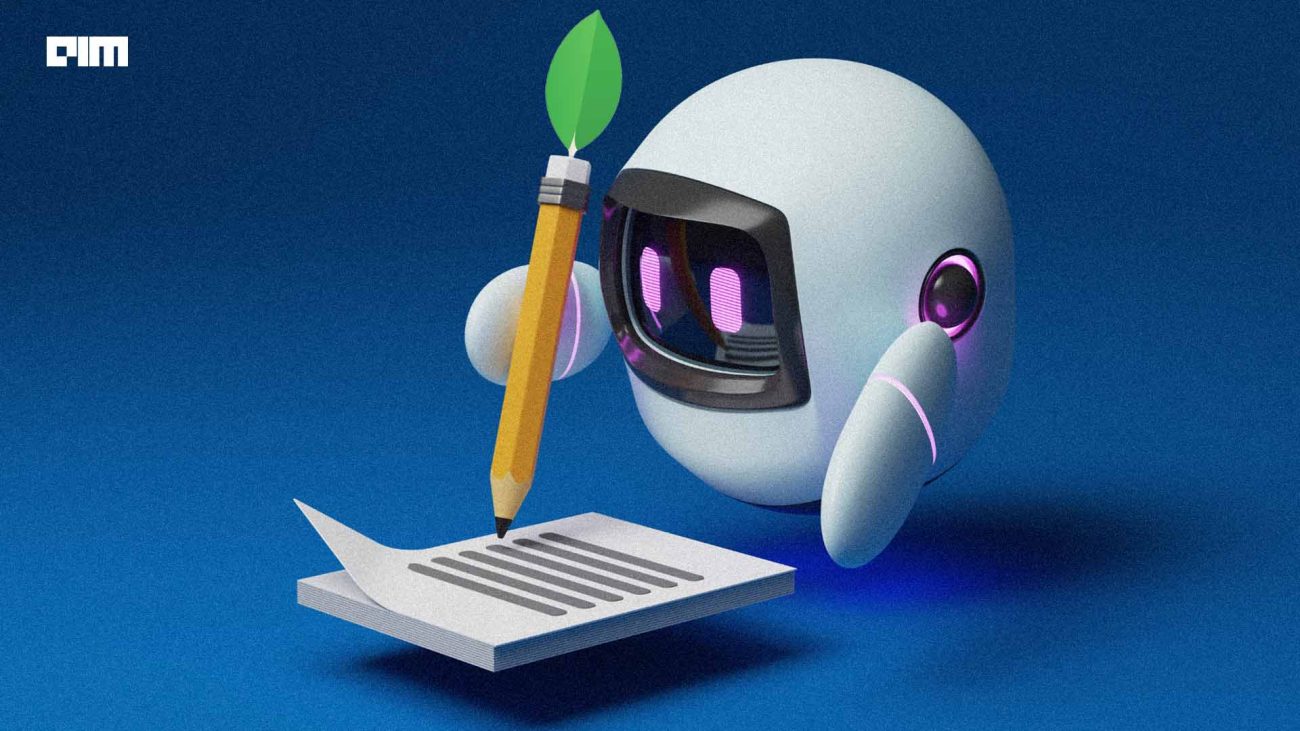|
Listen to this story
|
Hospitalised patients are often at a heightened risk of fall-related injuries. The World Health Organization (WHO) has recorded patient falls to be among the most-frequent and serious mishaps in hospitals – with rates ranging from 3 to 5 per 1,000 bed-days. More than one-third of these incidents result in injury, thereby worsening clinical outcomes and increasing the financial burden on healthcare systems.
That is where Bengaluru-based Dozee comes to the rescue. Last week, the company added a new fall prevention alert feature to its health monitoring device, where it uses ballistocardiography (BCG) sensors to detect minor movements, as small as the heartbeat of the patient.
In conversation with AIM, Gaurav Parchani, the co-founder and CTO of Dozee, said that the device was built to provide quicker treatment without additional effort from the nursing or encumbering the patient with wires. “The whole purpose is to reduce code blue, or emergency transfers to the ICU. We find out when the patient is in danger within minutes of the symptoms showing up in their body.”
Founded in 2015 by Parchani and Mudit Dandwate, the company offers contactless patient monitoring and early warning systems using BCG. With an accuracy rate of 98.4%, Dozee sensors have been installed in about 37 hospitals across the country and have been integrated with 17 Apollo Hospitals under their Enhanced Connected Care Programme.
Why BCG?
A predecessor to ECG (electrocardiography), BCG measures the mechanical forces that take place when the heart beats or during respiration. If there’s any abnormal changes in the body, the machine will alert the nursing staff with visual or auditory signals.
When ECG came about in the mid 1900s, it was more effective and accurate. “The primary reason was there is a lot of noise associated with mechanical vibration,” Parchani noted.
This is where technologies like noise filtering, and wavelength analysis to enhance the desirable signals come in. Parchani explained, “In the first stage we clean the data and improve the quality. Then we identify the major body movements and remove them to establish a baseline. Each sensor captures the heart, respiration, blood pressure, early warning signs etc.”
The raw data is then sent to a secure cloud service, Dozee predominantly uses AWS to convert it into valuable biomarkers. “There is just a lot of data which makes it difficult to scale. This is one of our biggest challenges. Imagine around 400 million API calls, taking your server on a daily basis,” Parchani exclaimed.
According to him, the company could possibly be sitting on one of the world’s largest BCG data pile.
The entire operation is time sensitive. To keep up, they use a lot of Long Short-Term Memory Networks (LSTM) and Recurrent Neural Network (RNN) models. “We have a plethora of models, like in the case of early warning systems, we use CNN models.” Dozee uses many open source models with modifications in the last few layers for their specific needs.
The company is also partnering with Wellysis, a South Korean firm that builds wearable ECG devices to identify cardiac abnormalities in ECG data as well.
Parchani told AIM that they rely on Python internally but for deployment use a hybrid of GoLang and Python to balance out the huge amount of data hitting the servers with new information. “GoLang worked very well for us in terms of scaling this whole infrastructure,” he added.
With so many layers added, the machines are tweaked to the needs of each hospital. For example, the fall prevention alert isn’t installed on all the devices; it’s mainly for nursing homes, or for differently-abled patients.
In an independent study, this novel device was proven to save lives, relieve nurses from additional work and reduce the pressure on hospitals.





